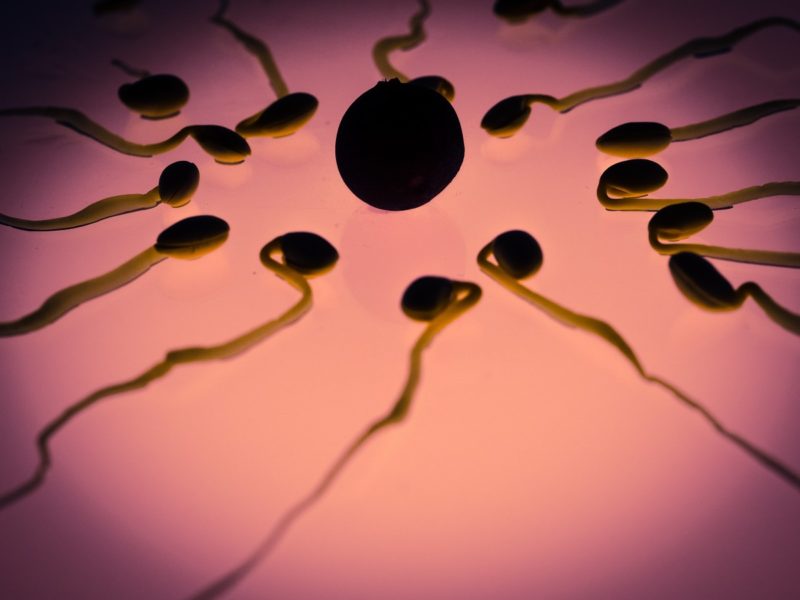If you have ever wondered what is egg donation, it is the voluntary giving of one’s egg cell to be used for various reasons, whether research or medicinal.
This procedure is a popular alternative for special circumstances like being unable to produce fertile eggs or additional research on the female reproductive system.
Although expensive, it is one of the best ways to deal with the loss of functioning egg cells. It also has one of the highest success rates of 49%-50%. Not to mention, it is also easy to access since most clinics offer this service. You have to know more about this topic, so delve into this article deeper if you’re interested!
What Egg Donation Is: A Guide
Not everyone has general knowledge of how egg donation works. However, if you happen to be interested in the topic, here is some information that may help you understand the procedure and have an idea of how it works.
Egg donation happens when an egg cell is extracted from a woman’s body and is stored in fertilizer or a freezer before use. However, donating egg cells is a careful and expensive process so every factor is considered before the official donation happens.
Requirements For Egg Donation
When it comes to what is egg donation, the first thing you have to know is what it entails. Since this is a medical procedure, it requires an intensive process to ensure there will be no complications that may endanger the ones involved and waste lots of money.
#1. Selection process
The selection process is the first thing that determines whether someone is eligible to donate eggs. This contains general information that the clinic needs to verify and see if you pass.
Personal data
You will most probably be asked to fill up a data form regarding yourself. Naturally, these questions need to be answered truthfully and as precisely as possible to give the clinic an idea of possible risks.
Drug and blood test
These tests are standard when it comes to health procedures. Contaminated blood can allude to many diseases, which make egg donation dangerous. You will take the test, and if you come out clean, you will be free to proceed to the next steps.
Sonogram for potence
Since one of the egg cell’s practical uses is to reproduce, it must be fertile to become eligible for donation. In addition, these cells will be used for various purposes that require potency to be done effectively. Therefore, a sonogram to check fertility is a must.
Psychological test
A psychological test will be conducted to make sure that the donor is in a healthy mental state. One of the common benefits of egg donation is pregnancy. Unfortunately, some psychological illnesses are hereditary and may be more harmful than good to the receiver. Not to mention, having your eggs donated is a huge decision, and for a written contract to be valid and legal, the donor must be sound of mind when making this huge step.
Disease screening
Another important clause is to make sure you are free of any disease that may affect the extraction and put other people at risk. They will do a general check-up and scans to make sure.
#2. Medications
Your menstrual cycle has to be stopped for the process, and the clinic will provide you with certain medications. Ensure the medicine is safe for you to take in case of allergies, and always remember to ask for side effects so you can be aware and make adjustments.
#3. Fertility drugs
Fertility drugs are meds that increase the production rate of egg cells by triggering your ovary into making more. This way, your body will produce enough eggs for the procedure.
#4. Use contraceptives or abstain from sexual intercourse
Since you are donating your eggs, you are not allowed to get pregnant. Since your body is producing many egg cells, the chances for fertilization and pregnancy will be much higher. It is hazardous to donate eggs because it can put you and your baby’s life in danger. You can abstain from having sexual intercourse while the extraction is still pending or use contraceptives like condoms.
Where Do The Eggs Go?
There are two places that your egg may end up in after extraction: the fertilizer or the freezer.
Laboratory
If people are waiting for eggs, chances are, your cells are most likely going to the lab directly. Here, they will be fertilized and will be planted inside the receiver. These eggs are used immediately. The donor may choose to meet the recipients. However, an anonymous donation is also possible.
Freezer
So, what happens to eggs, which are reserved for a different purpose? First, they will most likely be transferred and stored inside a freezer. And this is for a while until they are needed. Now, this usually happens for research institutions that buy eggs to study. The eggs are stored at low temperatures until the experiment is ready to take place. Donor banks that store eggs until someone buys them also use this process instead of directly fertilizing the egg cells. It may be a good idea to read how long is the egg donation process.
Cost Of Egg Donation
Egg cell donation is very costly for recipients. Donors will receive a fair share of money for their cells. An exclusive cell donation is only given to you in most places, and nobody else costs around $35,000–$50,000. If you are willing to share, it will be less expensive at $18,000. Know the pros and cons of egg donation.
It’s A Wrap!
Now you know what is egg donation. If you want to be more involved in the topic, make sure to dig deeper to understand better how it works. Donation is a considerable choice. My friends, it would be best if you were reading related articles; know how much for egg donation and how does egg donation works. Good luck!

